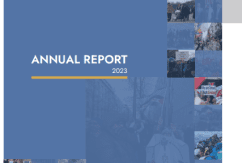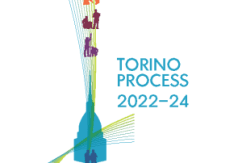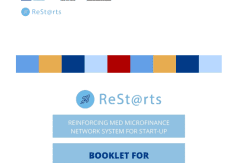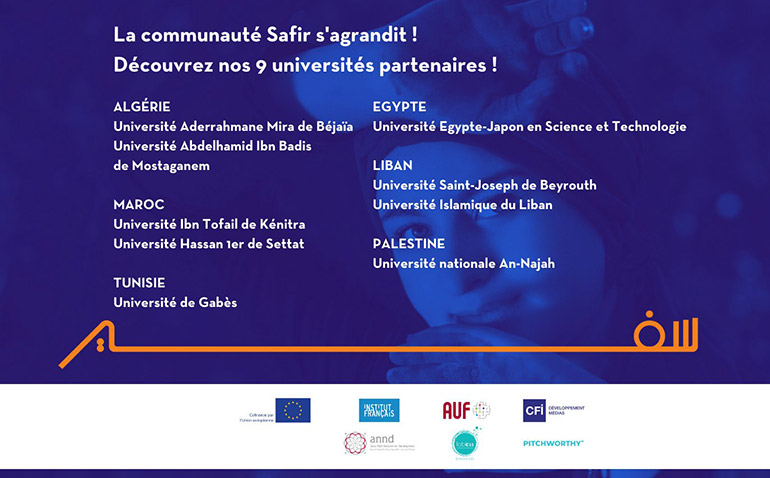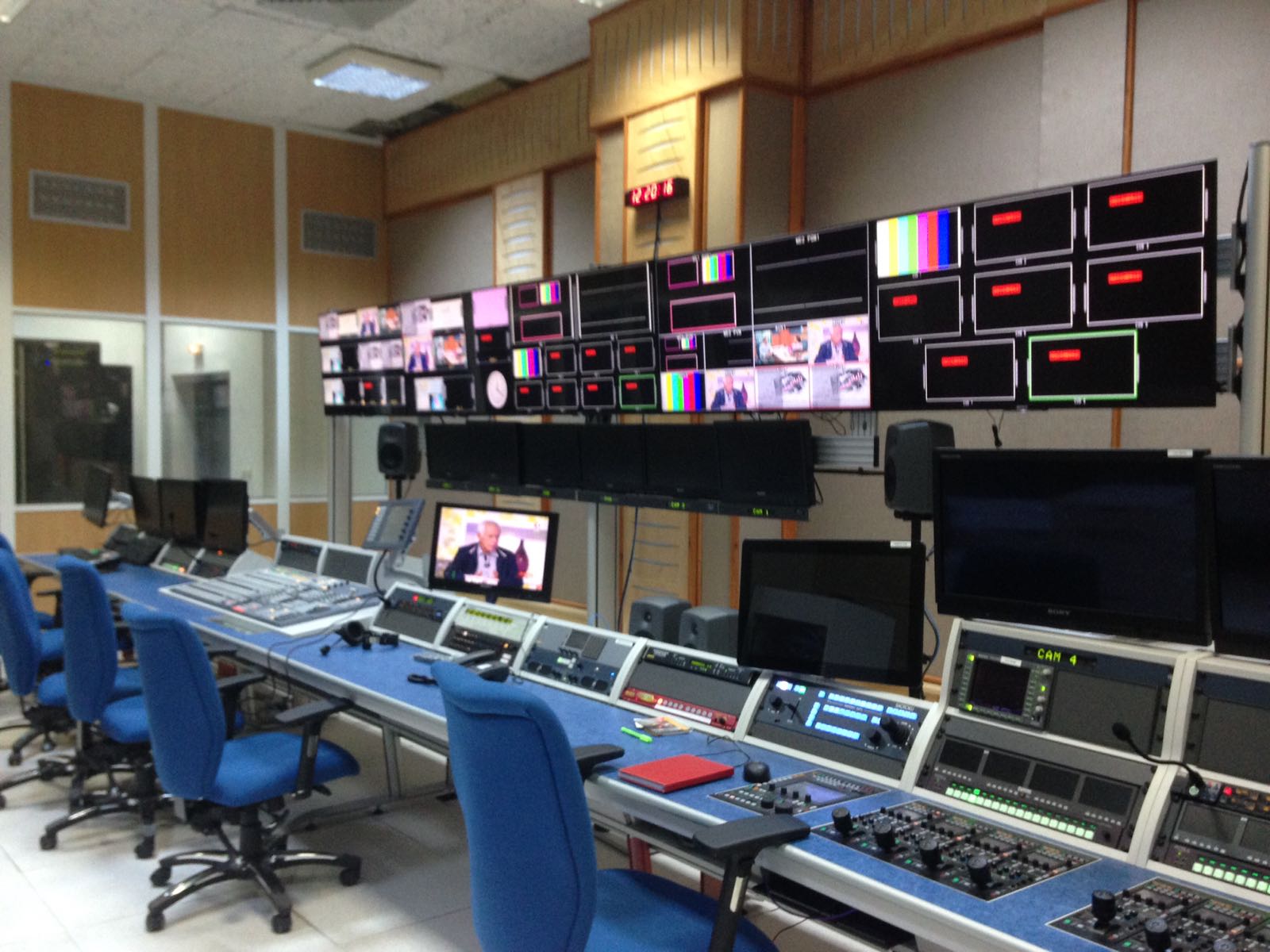UfM to boost the Partnership with the German Development Cooperation
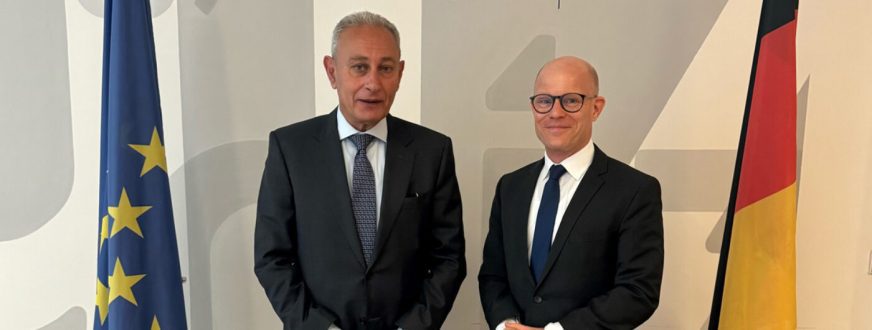
As the partnership between the UfM Secretariat and the German Development Cooperation enters its 6th year, the UfM Secretary General Nasser Kamel embarked on a working visit to Berlin, Germany, where he held meetings with Mr. Carsten Schmitz-Hoffmann, Director General for Europe, Mediterranean and Central Asia at the Deutsche Gesellschaft für Internationale Zusammenarbeit (GIZ). UfM Secretary General Kamel praised the modality of GIZ’s engagement as a team fully integrated into the UfM Secretariat, setting an example that has been attracting other donors and development cooperation agencies. In reply, Mr. Schmitz-Hoffman highlighted the important role of the UfM, which – due to its geographical and thematic scope – is uniquely placed to promote regional cooperation and exchange on a political as well as on a technical level.
The German Development Cooperation’s partnership with the UfM Secretariat started in 2018 with a four year term that was renewed for three more years in 2022 with the launch of the UfM Hub for Jobs, Trade and Investment (2022-2025), which is fully aligned with the pillars of the regional Team Europe Initiative “Jobs through Trade and Investment in the Southern Neighbourhood”. Through this partnership, the UfM Secretariat has been able to expand its work into new areas of priority and set forth a structured regional engagement in such fields as, inter alia, sustainable investment, trade facilitation, job creation, skill development, and women socio-economic empowerment.
The partnership has yielded many concrete results, including the development of several high-level multi-stakeholder dialogues, the implementation of numerous trainings and workshops for governmental and non-governmental stakeholders in UfM Member States, the development of Grant Schemes for not-for-profit organizations, and the development of knowledge through comprehensive reports on regional integration across the UfM’s policy areas.









